On March 12, the thematic lecture and exchange activity of "Building Harmonious Labor Relations and Occupational Safety and Health" co-organized by the All-China Federation of Trade Unions (ACFTU) and the Japan International Labor Foundation (JILAF), and sponsored by CULR was held at the lecture hall on the 8th floor of Zhiyuan Building. Zheng Jiaheng, deputy director of ACFTU's international liaison department, Yasunobu Aihara, president of JILAF, Suzuki Koji, deputy director of the General Affairs Group, JILAF, and Li Ke, vice president of CULR attended the event. It had more than 40 attendants, including the Japanese delegation, staff from ACFTU, and representatives of teachers and students from CULR's School of Labor Union, School of Safety Engineering and Office of International Exchange and Cooperation.
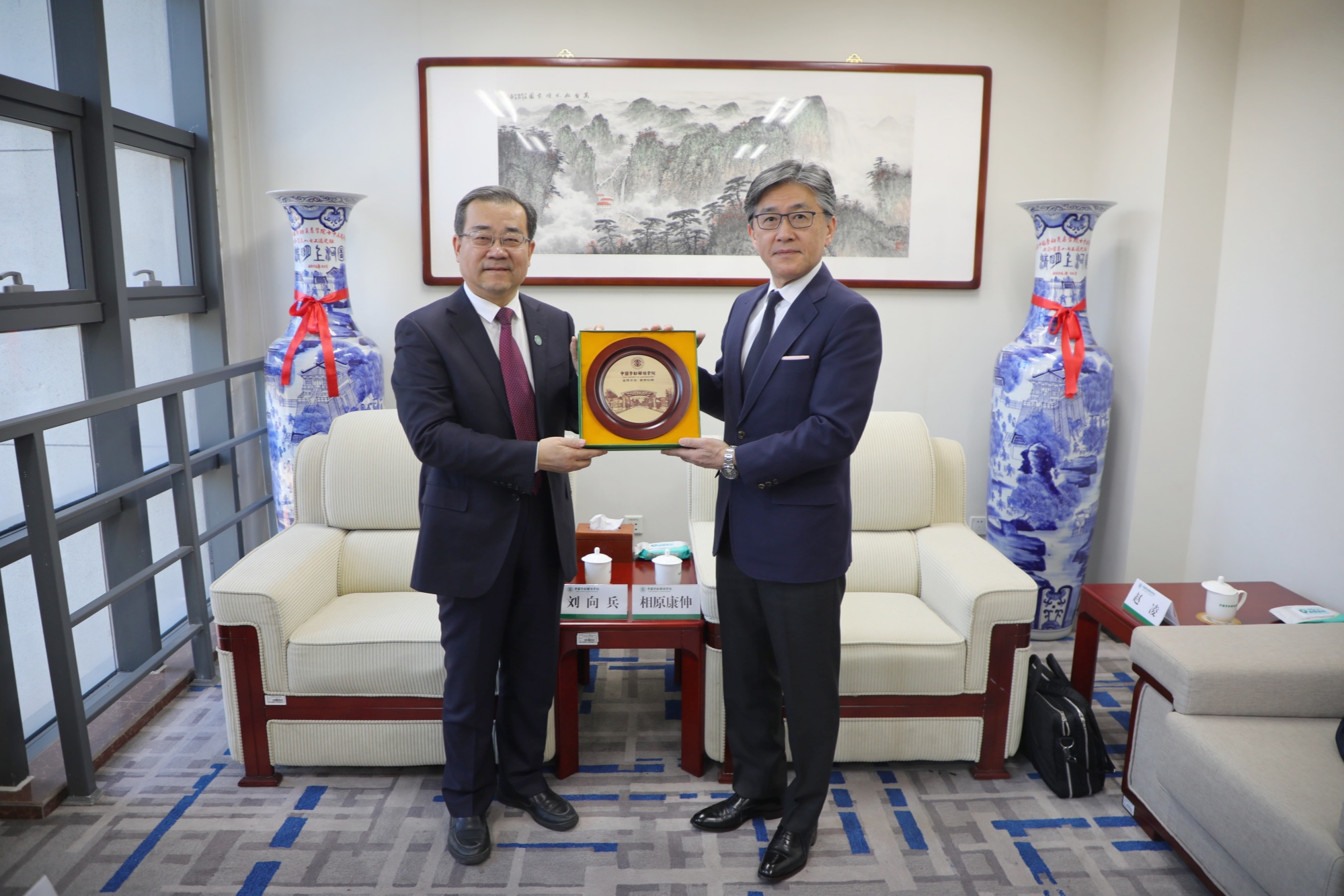
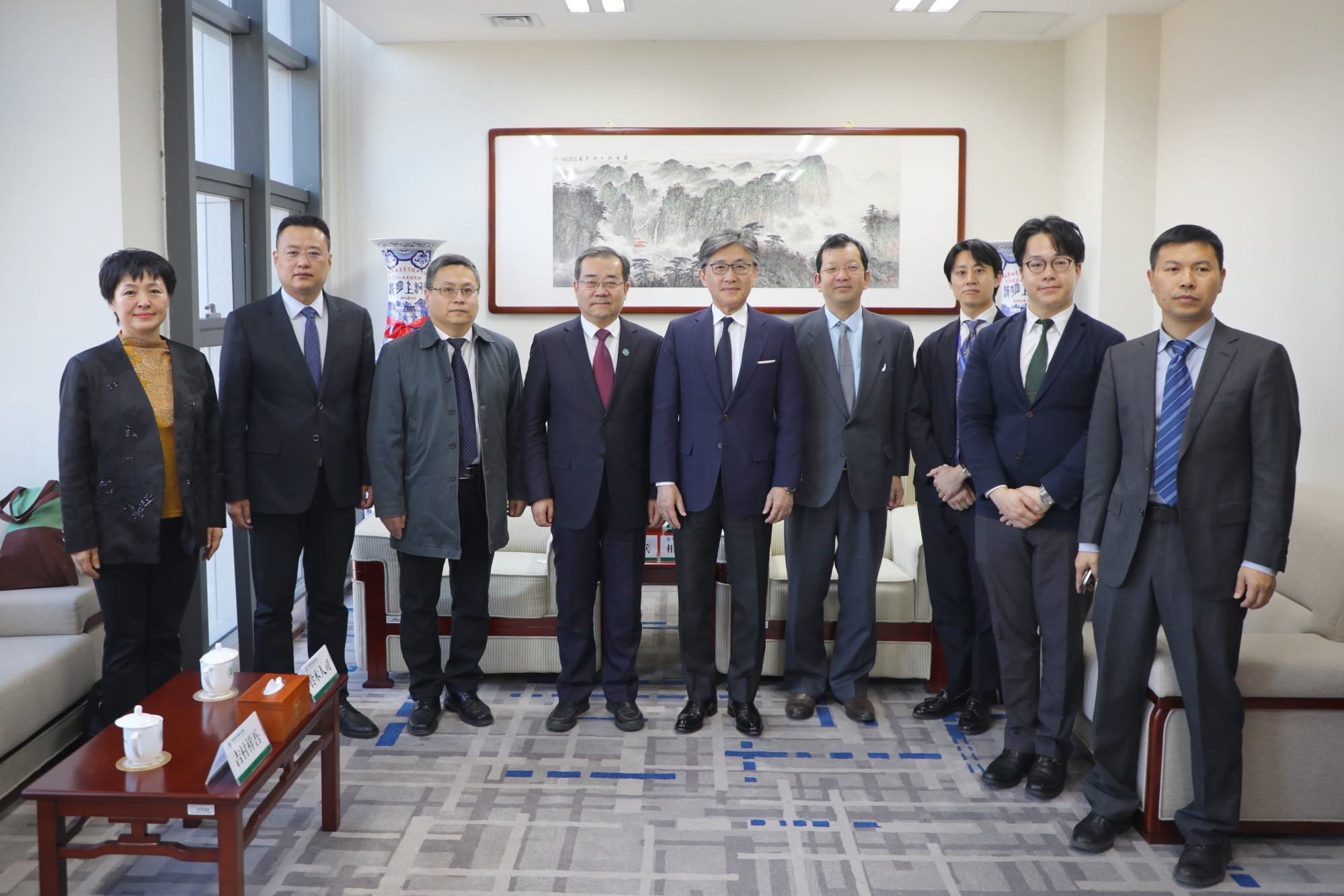
Before the kickoff of the lecture and exchange, CULR's secretary of party committee Liu Xiangbing and vice president Li Ke warmly received JILAF president Yasunobu Aihara and his delegation. Liu Xiangbing said that as a higher education institution engaged in the study of trade unions and labor relations, CULR is committed to building a domestically leading and internationally renowned university in the field of labor and trade unions. Over the past years, the university and JILAF have maintained close collaboration. He expected that the exchange activity further deepens cooperation between the two sides, and jointly promote academic research and practice concerning labor relations.
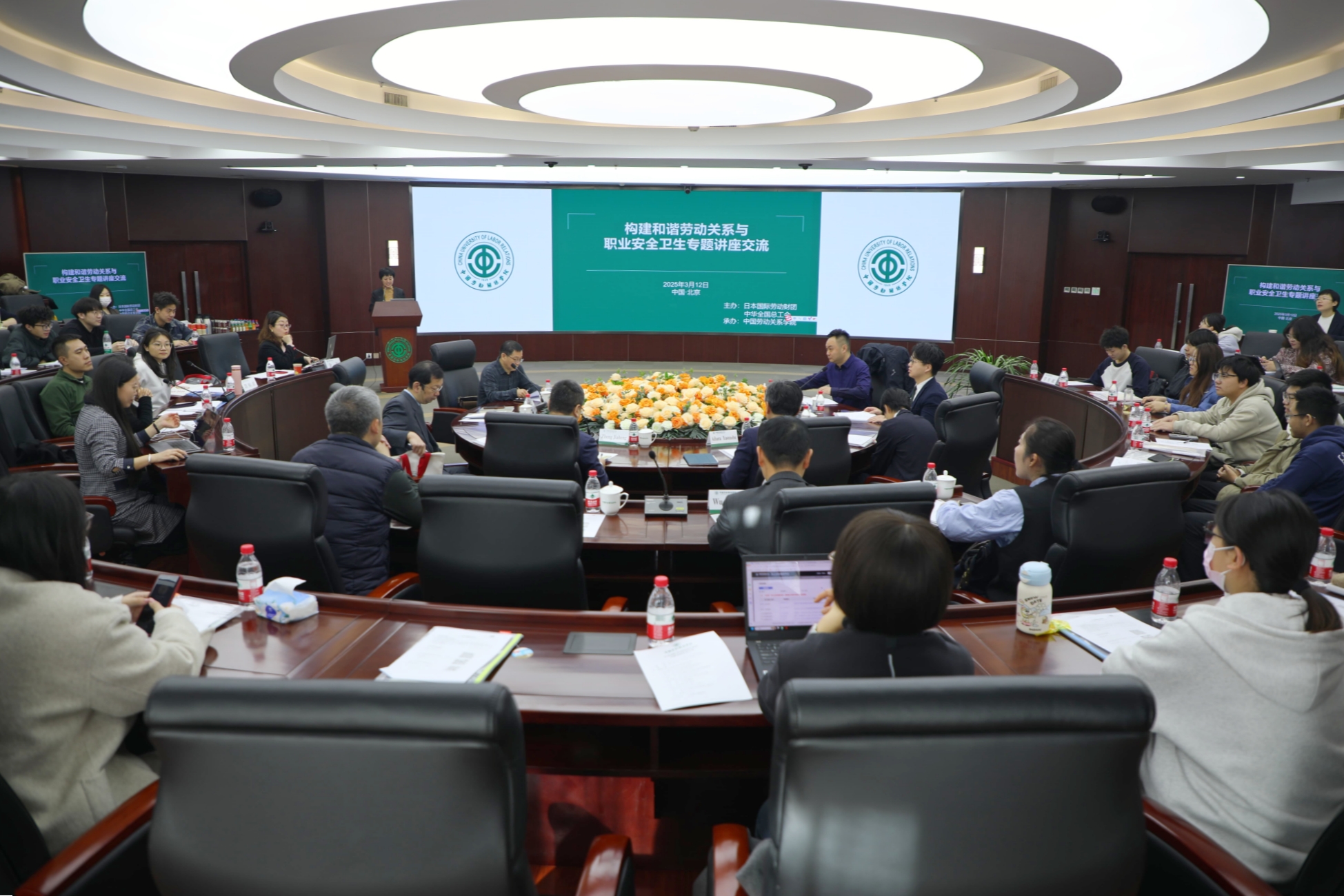
JILAF president Yasunobu Aihara delivered a lecture titled "The History and Role of Trade Union Movement in Japan". He reviewed the history of labor movement in Japan, detailed the role of Japanese trade unions in economy, society and industry, analyzed the current challenges, e.g. an aging population, a declining workforce, and a decrease of real wages, and put forward his anticipation of labor movement in the future.
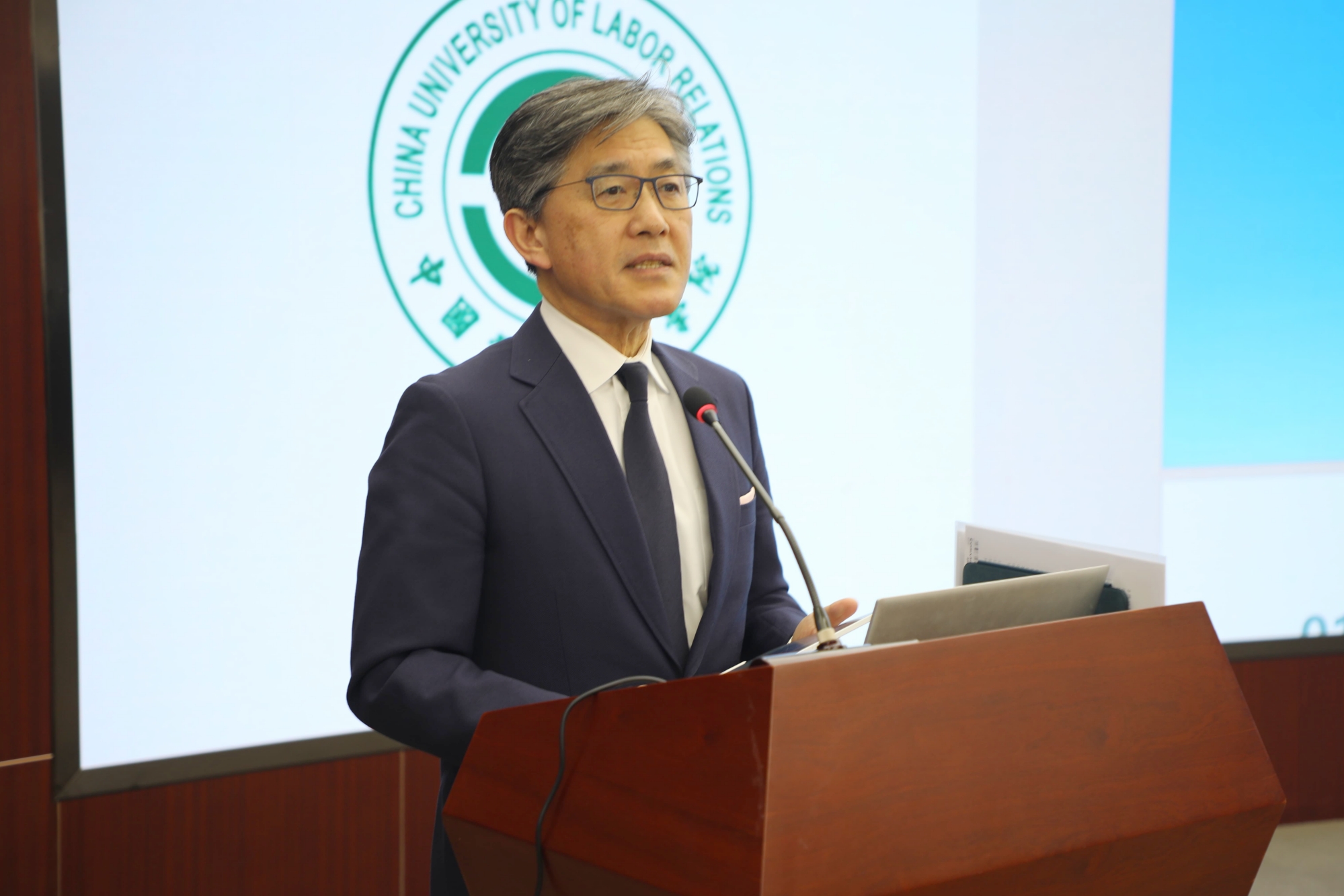
Deputy director Suzuki Koji made a presentation titled "How to Improve Occupational Safety and Health". He shared the occupational health and safety management system and risk assessment methods, and stressed on the importance of the engagement of trade unions and all members in occupational safety and health. During the interaction session, he divided the attending students into two groups to take part in a "carrying eggs" experiment. The simulation of different transportation routes and packaging strategies gave straightforward experiences to students about the prominent effect of an optimized process on improving work efficiency and safety.
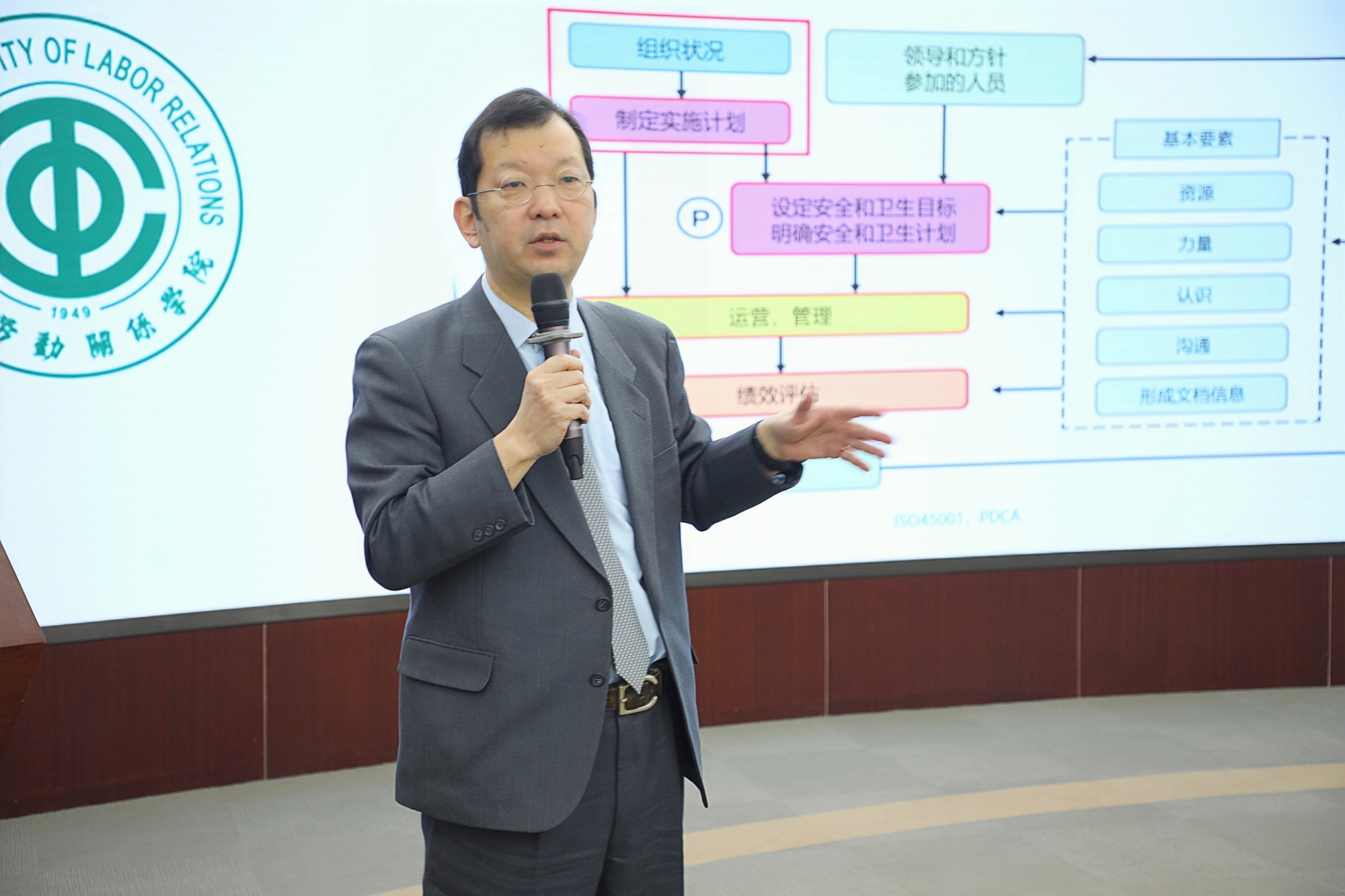
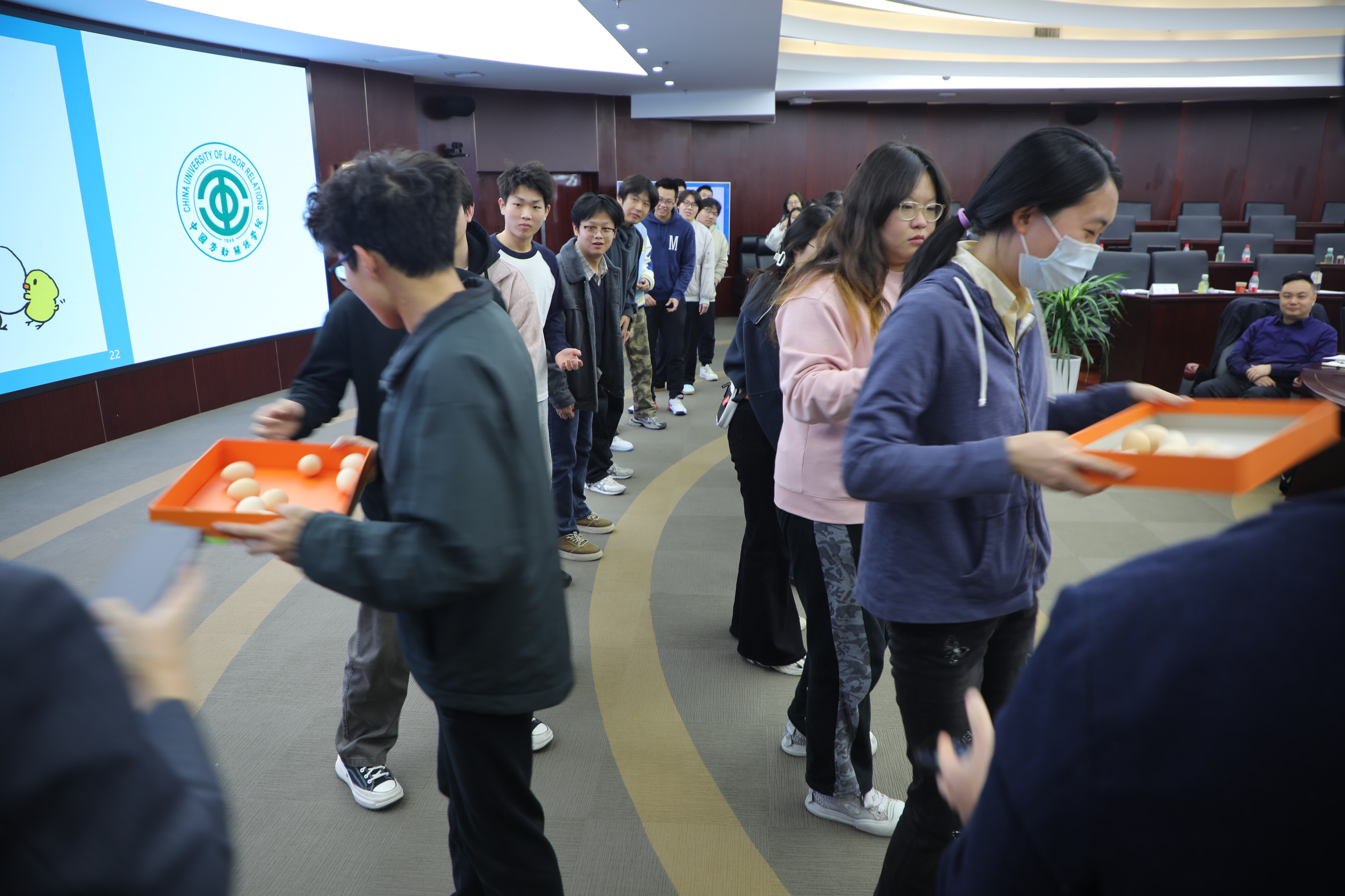
CULR's teachers and students actively interacted with the Japanese delegation in the exchange session. Associate professor Zhao Qiusheng, dean of the School of Safety Engineering, deputy professor Xu Surui from the School of Safety Engineering, and Dr. Wang Kan, director of the comparative trade union research center, School of Labor Union, had in-depth discussions with the Japanese delegation on topics like the collaborative mechanism of Japanese trade unions engaged in labor protection and the safety and health protection of enterprises, the motivation mechanism of Japanese trade unions in labor protection, the comparison of on-site supervision of labor protection between Chinese and Japanese trade unions, the organization rate of Japanese trade unions, and the relationship between Japanese law and collective bargaining. In addition, both sides conducted extensive exchange of ideas on the disciplinary fields such as the mechanism of dual precaution and the theory of accident causation.
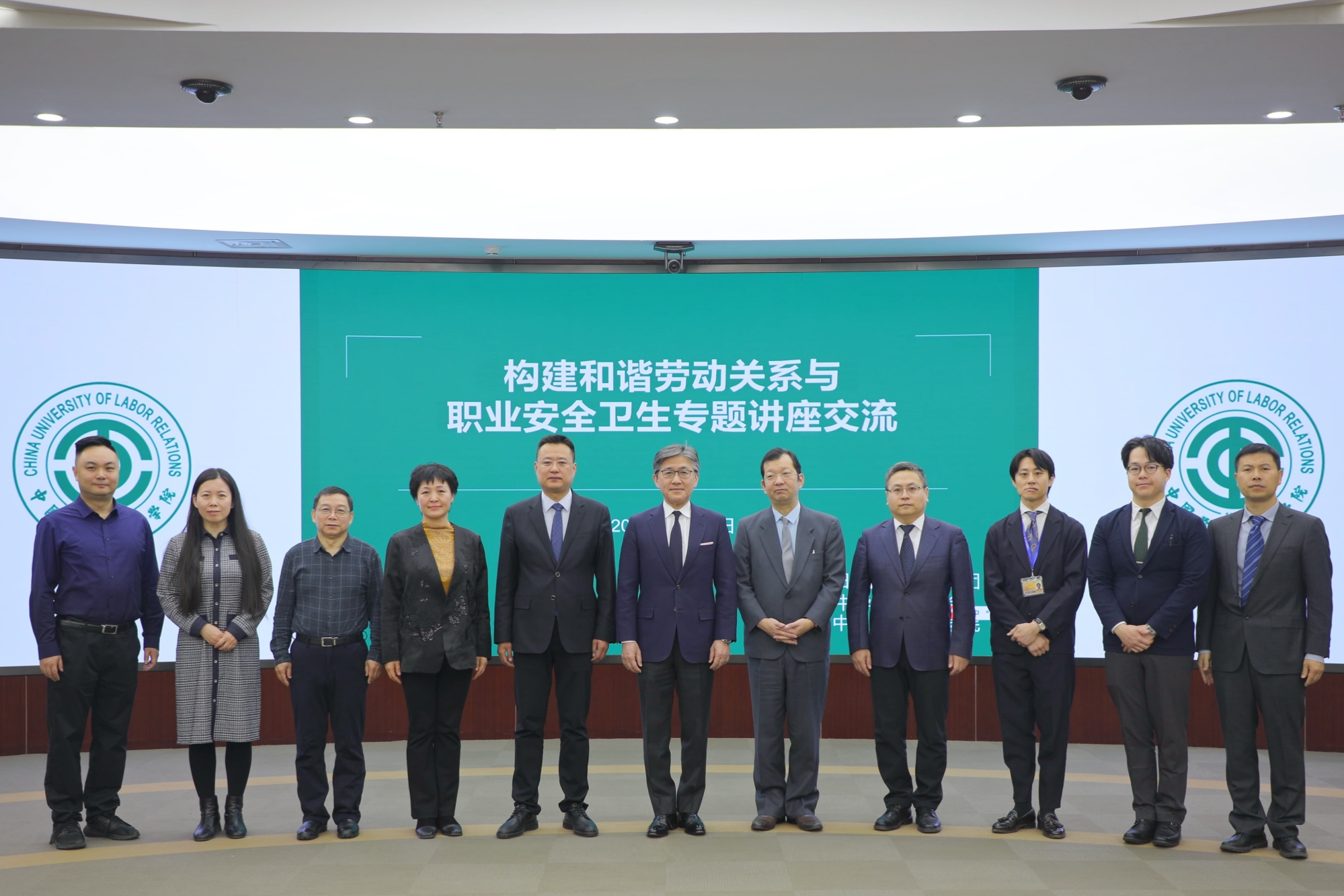
JILAF is an organization specialized in international exchanges in the labor field, and co-funded by the Japanese Trade Union Confederation, Japan's Ministry of Foreign Affairs, and the Ministry of Health, Labor and Welfare. CULR has maintained friendly exchanges with JILAF since 2018, and sponsored the annual thematic exchange event co-organized by ACFTU and JILAF.
(Office of International Exchange and Cooperation)
